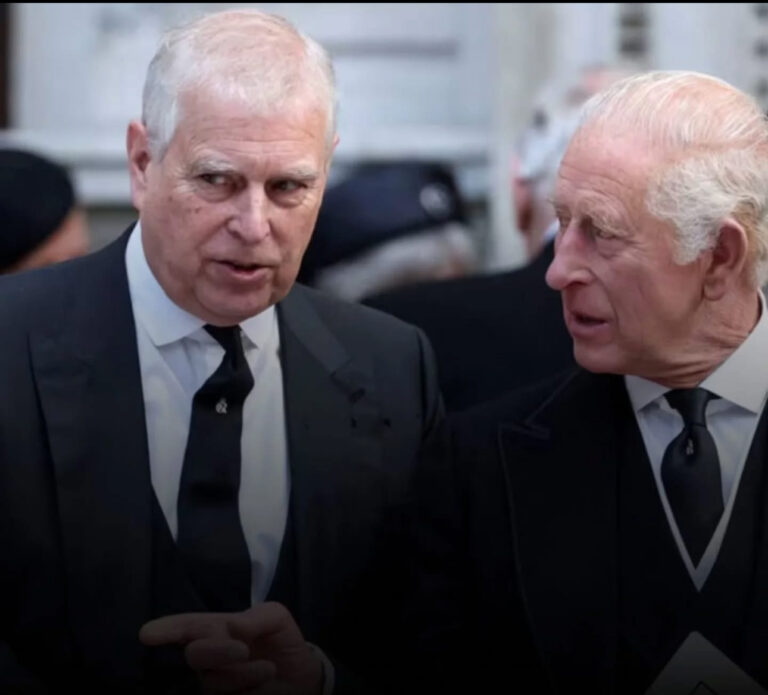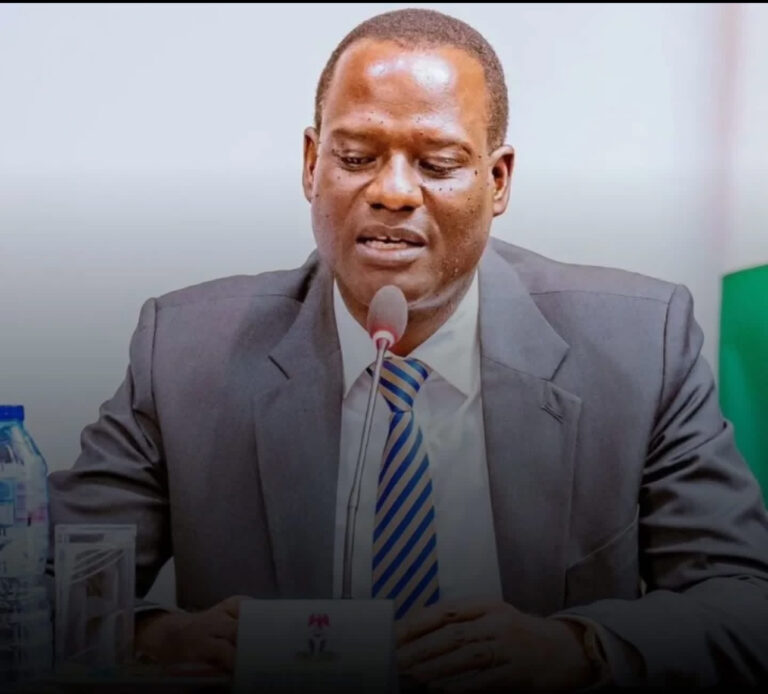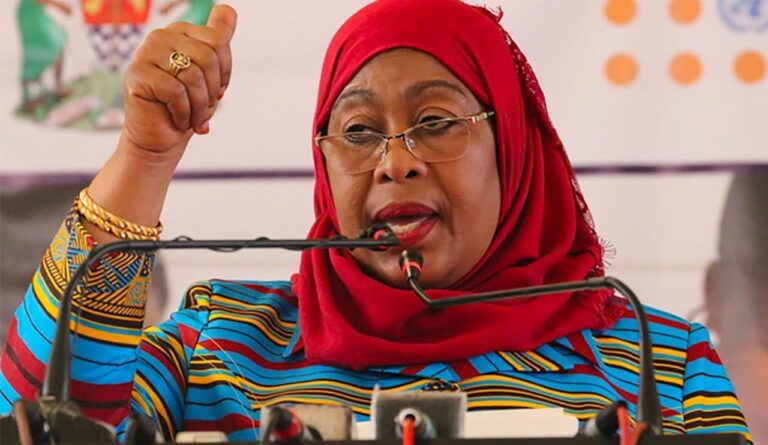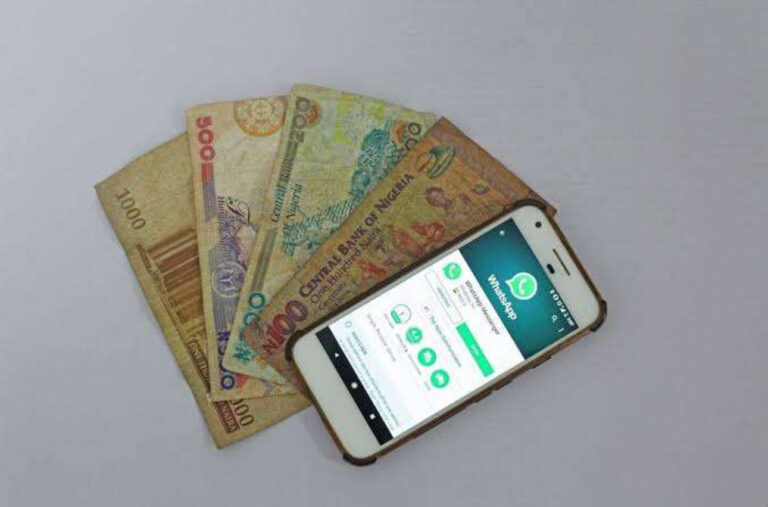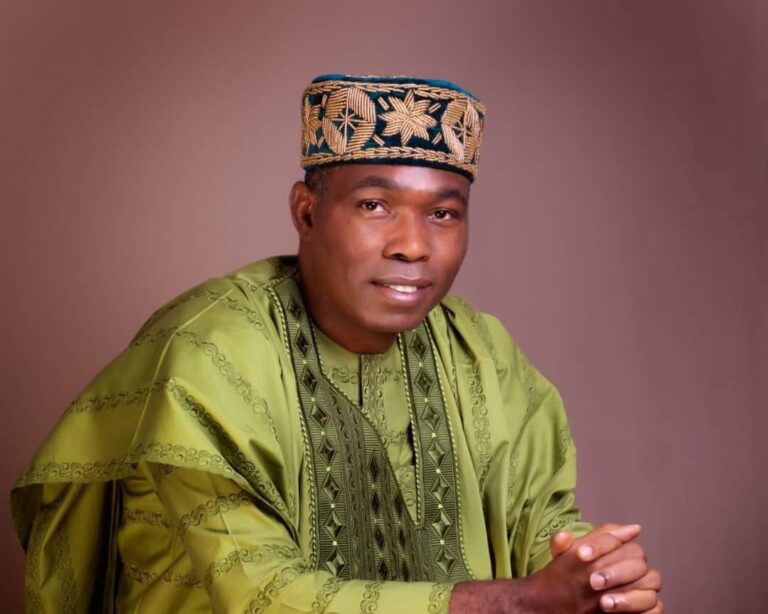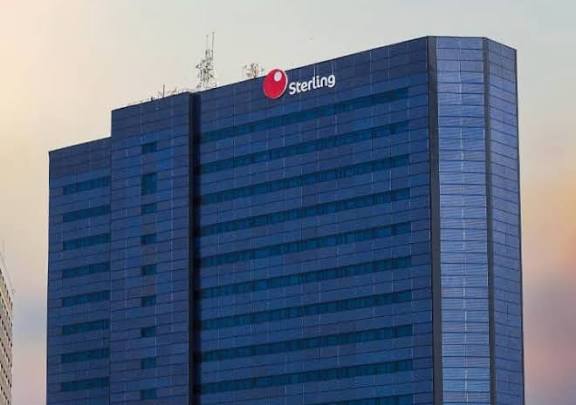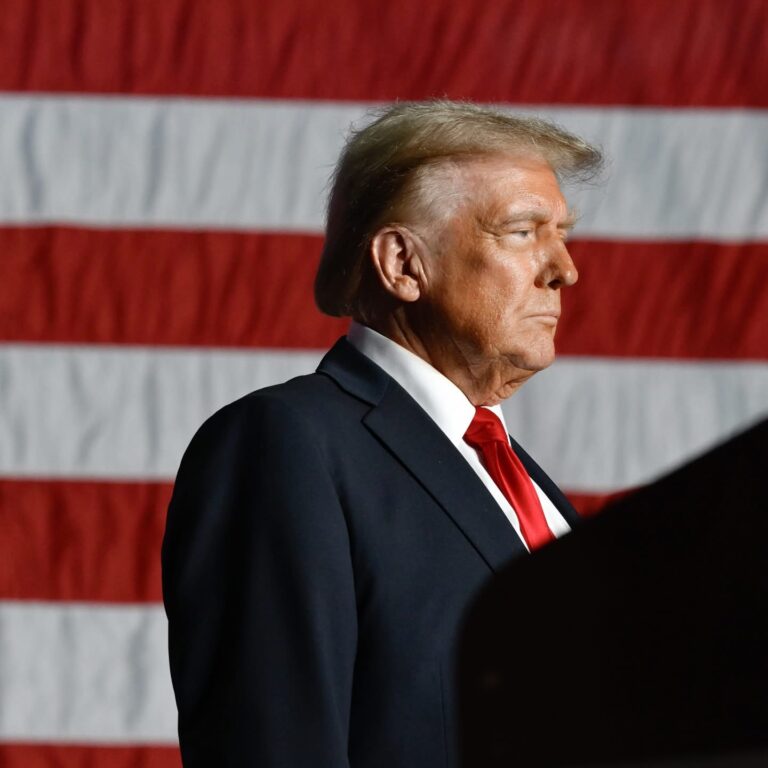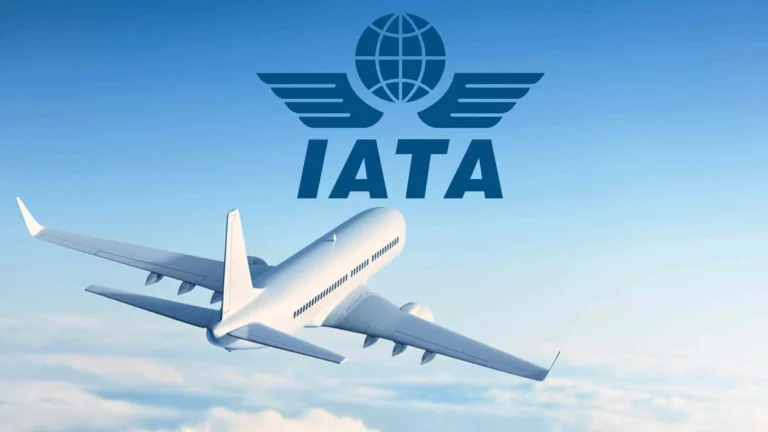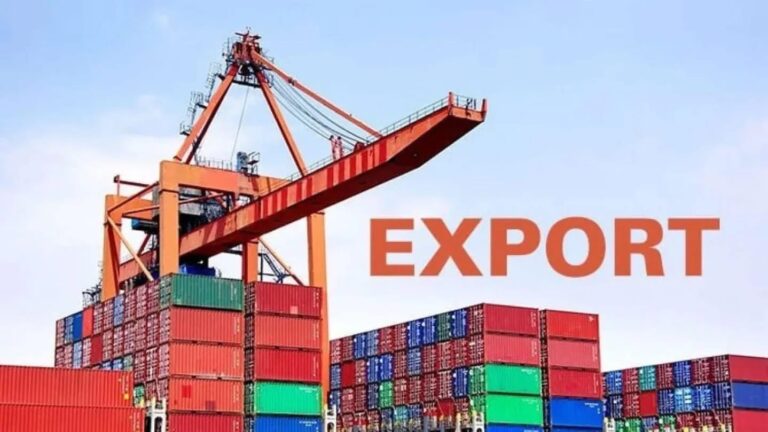The 2023 Presidential Candidate under the Social Democratic Party (SDP), Prince Adewole Adebayo, has said the country is yet to attain true democracy, describing the current system as civil rule rather than a genuine democratic order.
Prince Adebayo made this known on Friday while featuring on Frontline, a current affairs programme on Eagle 102.5 FM, Ilese-Ijebu, where he shared his thoughts on Nigeria’s political evolution, national stability, and the country’s slow democratic progress since 1999.
According to the SDP chieftain, Nigeria is only taking its first steps in the democratic journey, a phase he likened to that of a newborn learning to walk.
“The Nigerian democracy hasn’t come yet. What we have is civil rule; we are working towards democracy. We are taking baby steps, and we are falling from time to time,” he said.
Adebayo explained that while Nigeria has left behind military rule, the nation has yet to embrace the principles that make democracy thrive free and fair elections, rule of law, and prosperity for citizens.
He argued that true democracy cannot coexist with widespread poverty.
“Democracy and poverty do not go hand in hand,” he noted. “A poor nation cannot be truly democratic because hunger makes people vulnerable to manipulation. Nigeria must create abundant living conditions before we can say we are practicing democracy.”
Prince Adebayo expressed concern that most Nigerian leaders are fixated on the privileges of office rather than the responsibilities that come with governance.
“Our leaders enjoy power, and when people enjoy power, they don’t want to lose it. But they don’t know that the ultimate power is in freedom,” he said.
He attributed the country’s leadership failures to a lack of reflection and purpose among those in authority. According to him, many leaders have forgotten their humble beginnings and divine purpose, choosing instead to indulge in material accumulation.
“Our leaders have three problems,” he said. “They are consumed by excessive greed, they fail to reflect on their life’s purpose, and they seek power without responsibility. Power without reflection becomes dangerous because it blinds them to their duty.”
Adebayo added that the inability of Nigerian leaders to exercise moderation in the use of power has deepened political instability across the country.
On the New INEC Chairman: ‘I Expect Nothing’
Reacting to the appointment of Joash Amupitan, the new Chairman of the Independent National Electoral Commission (INEC), the SDP standard-bearer said he had no expectations, describing the process that brought him into office as “routine and unreflective.”
“I’m not expecting anything, so I don’t have stomach ulcer,” Adebayo said wryly. “He was appointed routinely and approved routinely. The only thing I can offer him is prayer — that he remembers the values his mother instilled in him: do not lie, do not support evil, and do what is right.”
The lawyer and former presidential candidate observed that the National Assembly failed to conduct a thorough screening process that could inspire public trust.
“How do you clear someone who will preside over our electoral future in just two hours?” he asked. “There should have been a proper public hearing where Nigerians could give feedback. That way, the appointee himself would understand the seriousness of the job.”
Adebayo added that the casual handling of constitutional processes has made Nigerians lose faith in public institutions. He said he prays for both President Bola Tinubu and the new INEC boss to act with conscience and avoid confusion that could harm the country.
Presidential Pardon Misused
On the recent controversies surrounding presidential pardons, Adebayo criticized the approach adopted by the current administration, describing it as careless and lacking moral reflection.
“The problem is not that the President has no power to pardon people. The problem is that he has not thought deeply about why that power was given to him,” he said.
He explained that presidential pardons are meant to correct failures within the justice system, address cases of rehabilitation, or ease societal tensions — not to reward political connections.
“It’s not meant for frivolities or playing games,” he stressed. “When the President assigns such sensitive duties to aides who lack discernment, they begin to add all sorts of names to the list. That’s why Nigerians are losing faith because excellence has disappeared from decision-making.”
He urged the Presidency to handle such constitutional powers with greater accountability and sensitivity, warning that misusing them could send the wrong signal that crime pays when one has access to power.
On Nnamdi Kanu and Omoyele Sowore’s Protest
When asked about activist and fellow 2023 presidential candidate Omoyele Sowore’s call for protests to demand the release of Nnamdi Kanu, Adebayo acknowledged Sowore’s sincerity but disagreed with his approach.
“Omoyele Sowore is mostly and almost always genuine,” Adebayo said. “But being genuine doesn’t mean you’re correct. A man can sincerely point you in the wrong direction.”
He noted that while Sowore’s activism stems from genuine concern for justice, the complexities of Kanu’s case require careful legal and political handling.
On the federal government’s handling of the Indigenous People of Biafra (IPOB) agitation, Adebayo said the matter reflects the disjointed nature of the Nigerian state, where political, security, and judicial institutions often act in isolation.
“There are different parts of the federal government the political, the law enforcement, and the judiciary,” he explained. “Each must play its role responsibly. But in Nigeria, we often see conflict and confusion among these arms, which only worsens public distrust.”
Prince Adebayo said Nigeria’s democratic progress depends on leaders who think deeply about their calling and govern with humility.
“The presidency is a serious office the highest in the land,” he said. “That is why we call the President His Excellency. But there must be excellence in thinking, not just in title.”
He maintained that unless Nigeria reconnects governance with public welfare, democracy will remain distant and fragile.
“People want to be in power but not take responsibility. Until that changes, Nigeria will keep taking baby steps towards true democracy,” he said.




